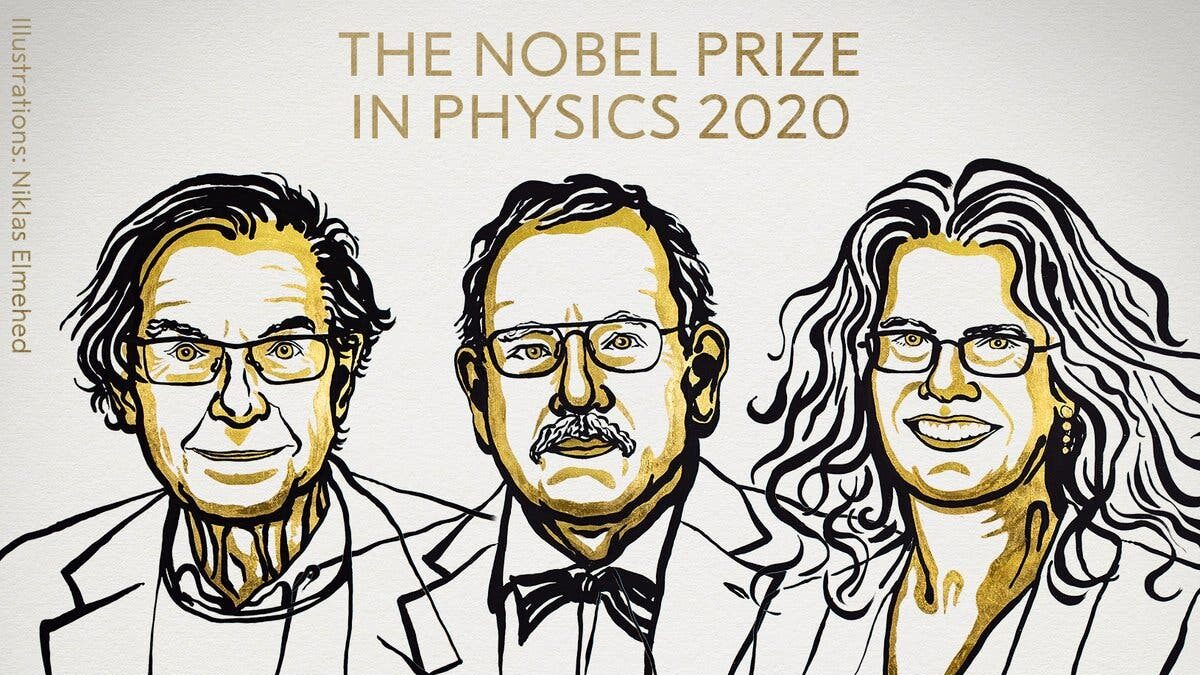
Pamela Cruz. Pensula 360 Press.
The University of California at Los Angeles (UCLA) and the University of California at Berkeley are dressed in glory, as Professor Andrea Ghez and Professor Emilio Reinhard Genzel were awarded the 2020 Nobel Prize in Physics. The Nobel Prize committee recognized them for their work in
